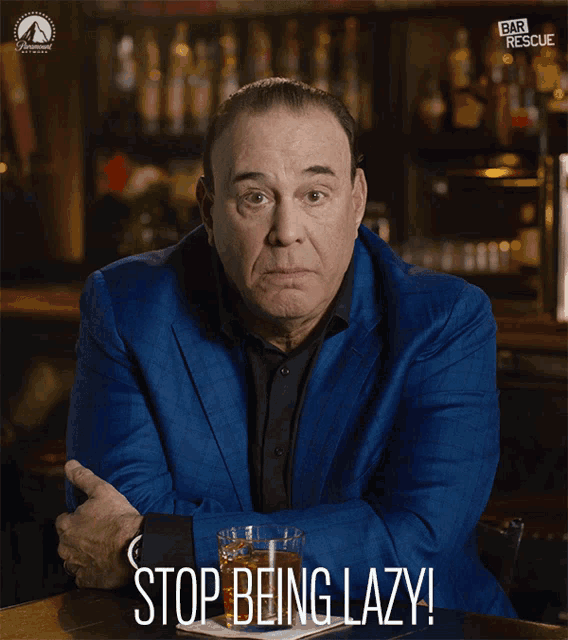I worked in a restaurant for 10 years and it put me through high school years and college. I had a friend who stayed in the industry and busted his butt. He was very successful and moved up the corporate ladder for that company, which exploded over a twenty year period. He eventually was ready to purchase a franchise and I was lucky enough to be an investor for 5% (corporate rules said he could only own 45% and no one other person could be more than 5%). He worked hard to make it successful, but it was a name that was almost always successful, so he just had to manage it tightly. My initial investment was returned in ~2.5 years and then I would receive about $20K a year of mailbox money. This went on until the company was sold to a larger corporation and they went on a 4-5 year mission to buy back all of the franchise stores back into the company. We basically had no choice, it was just a matter of when it would happen and what the buyout price would be. My friend negotiated the time and purchase price and got what was considered a fair price. The sale was negotiated and a sell date was set. The sell date occurred 10 days prior to the national mandated shutdown of all restaurants. The whole adventure including the sell date was likely the best decision that I have ever made and all I did was agree to invest the money. He did everything else in the day to day, so it was truly just mailbox money followed by a lump sum at the end of the adventure, just before the restaurant industry's collapse.
One word of caution about the restaurant industry. I don't know where the stat comes from or the exact details, but it goes something like this. Chain restaurants with name recognition typically succeed something like 90 or 95% of the time. One off, family owned, single restaurants typically fail 90-95% of the time within x number of years (maybe five...I can't recall). I may have the numbers wrong, but the general idea is correct.
Of course, with family restaurants, occasionally you could hit a home run and expand into an empire like the Pappa's family of restaurants did, but that is typically the rare exception. It is really hard to make it as a one off restaurant.
I have a couple of physician friends who invested in Home Slice Pizza on South Congress in Austin. It was the right product, the right time, and in the right location and it made a killing. They tried to branch out to a different location and had only modest success. The culture of South Congress was just exactly what they needed with low overhead (other than exorbitant rent for the space), a simple product, and a built in customer base from the hipster crowd on South Congress. Sometimes it is luck and other times brains for knowing what the right opportunities are. My friend that I invested with lives and breathes the restaurant business, so he can recognize good companies from poorly run companies based on industry information that is available.



